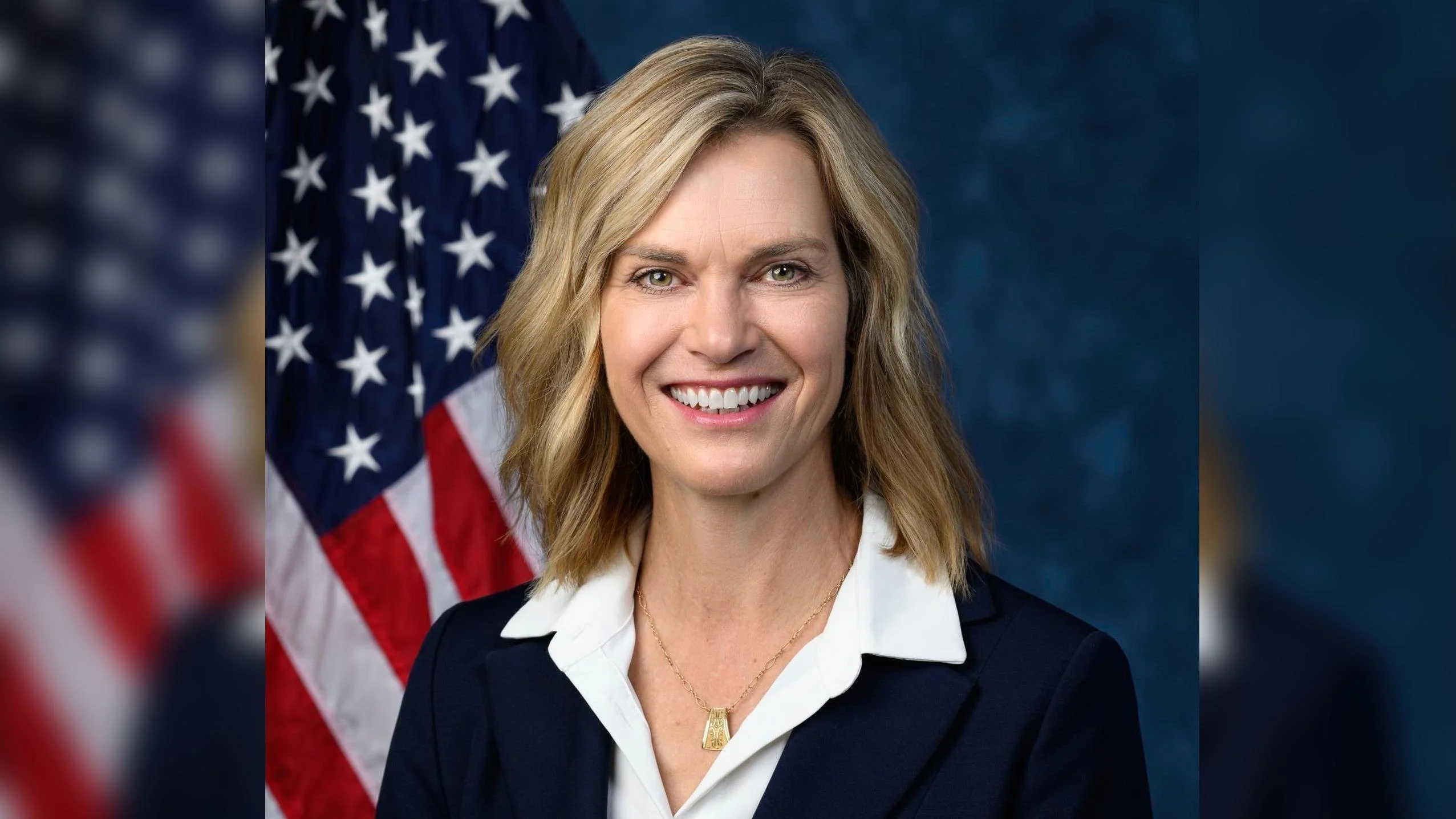Julie Fedorchak Congresswoman | Official Website
Julie Fedorchak Congresswoman | Official Website
At a House Committee on Energy and Commerce hearing, Congresswoman Julie Fedorchak (R-ND) voiced concern over the capability of the U.S. power grid to meet the increasing energy requirements driven by industries like artificial intelligence. She questioned the implications of prematurely retiring reliable energy sources and examined the cost dynamics of integrating wind and solar power into the grid.
Rep. Fedorchak noted there is a growing gap between the energy supply and demand, stressing that the nation might be underpowered even before considering the rising energy needs of AI. She inquired about the necessity of halting the retirement of viable power generation sources. The panelists collectively agreed on the need for all available megawatts.
Former Deputy Secretary of Energy David Turk elucidated his assertion that wind and solar are cost-effective additions to the grid. Rep. Fedorchak challenged this claim, highlighting that costs associated with transmission and backup generation are often overlooked and ultimately borne by consumers.
Rep. Fedorchak also questioned the federal government's approach of incentivizing non-dispatchable power sources through tax credits. She referenced recent statements from grid operators advocating for dispatchable and reliable energy. While some witnesses mentioned the promise of long-term investments and storage technology, Fedorchak stressed the urgency of harmonizing federal policies with the need for dependable electricity.
Among the day's witnesses were Dr. Eric Schmidt, Chair of the Special Competitive Studies Project, Manish Bhatia, Executive Vice President of Global Operations at Micron Technology, Alexandr Wang, CEO of Scale AI, and David Turk, Distinguished Visiting Fellow at Columbia University's Center on Global Energy Policy.



 Alerts Sign-up
Alerts Sign-up